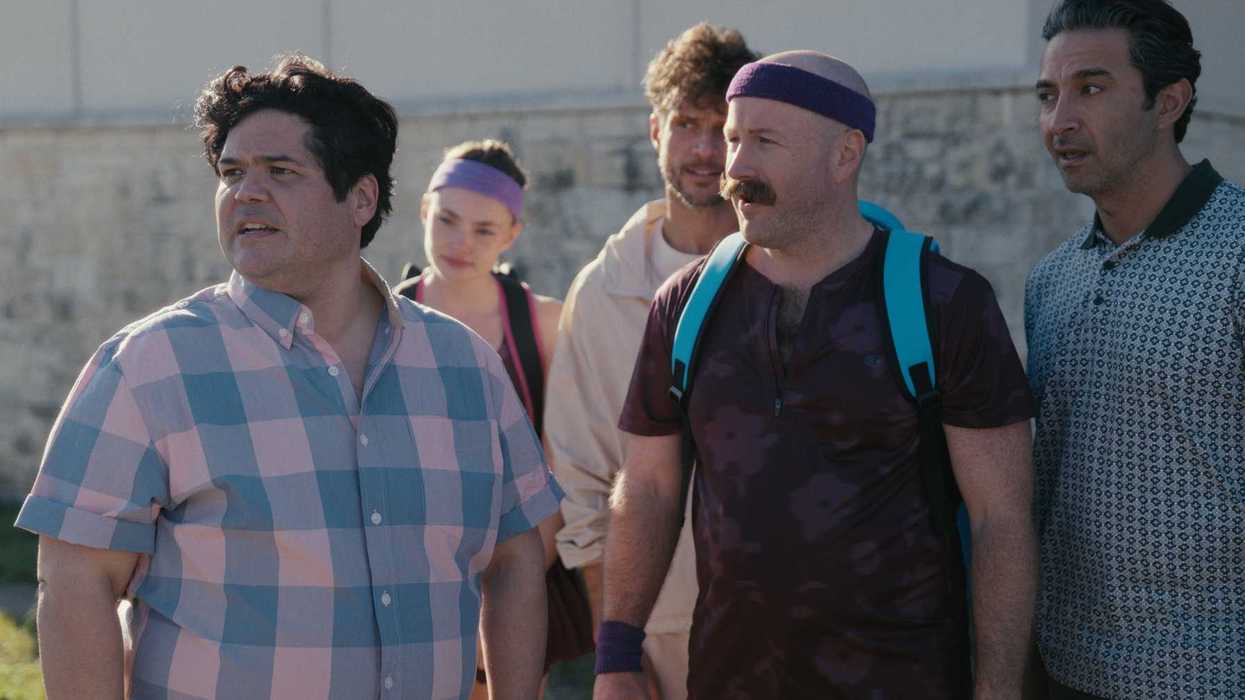Big vote set for Thursday
A Formula One roadblock in Austin: Lawsuit filed to stop state funding for new race
A day before Austin City Council is slated for a vote that will make or break fans' hope of a F1 United States Grand Prix in the region, a local group is suing the state over its role in funding the race.
Bill Aleshire, an attorney already known for suing Austin City Hall over public information violations, filed suit in Travis County Wednesday on behalf of three residents against State Comptroller Susan Combs.
The suit seeks to stop her from paying $25 million in tax funds to the promoters of Formula One racing, according to a press release. The lawsuit seeks judicial declarations, and if necessary, an injunction to stop what the plaintiffs allege are illegal payments.
The money would flow directly from Combs' office to Formula One mogul and billionaire Bernie Ecclestone, to cover the "sanction fee," meaning the price paid to hold the F1 race. Austin American-Statesman reporter John Maher is quick to point out that despite what one may think, Ecclestone's progeny would invest that money back in the United States.
Reached by phone, Aleshire said the lawsuit is not a political stunt, aimed at delaying the Austin council vote until Kathie Tovo — a Formula One critic who this month unseated incumbent Randi Shade — can take office after this week's city council meeting.
"We didn't choose the timing of this," Aleshire said. "This doesn't delay anything the city wants to do. If they have the votes, they can do whatever they want to do."
An Austin city spokeswoman confirmed that council can still vote on endorsing the race, which is a linchpin for the state money to flow, because they are not named as a party in the lawsuit.
A Combs spokesman could not be reached.
Even though Austin City Hall has known about the race for almost a year, there were still many questions earlier this week at an open forum with race representatives and city council members.
Council members questioned Combs' representatives over how extra taxes, expected to be created by the race, would be spent and indicated they had gotten different answers to the same question.
Austin Mayor Lee Leffingwell, who by all appearances is for the race, told council members it was simple and that extra money will be put in the state general revenue fund, end of story.
It also emerged during the hearing, that the entire University of Texas football season cost Austin emergency services $11,000 to staff. That number will be key as pro-race advocates attempt to convince the public that an F1 race is a net tax winner, not a loser like in Australia, for the Texas taxpayer.
Even still, observers couldn't help but catch a whiff of desperation recently, after a bombshell dropped that the seven-member Austin city council had the power to stop F1 in its tracks. Soon after, race promoters launched a media blitz that all but promised the race would cure the blind and backtracked on a demand to have the city pony up $4 million a year to hold the race.
Instead, the F1 promoters are now offering to cough up that money themselves.
Formula One announced a nine-year agreement in May 2010 that's supposed to put the Formula 1 United States Grand Prix in Austin starting in 2012. A new track is already being built out by Austin-Bergstrom International Airport and it's already been named Circuit of the Americas.

 Harvey Guillén, Kristine Froseth, Jared Bonner, Ryan Cooper, and Pej Vahdat are just some of the cast in Pickleheads. Photo courtesy of Pickleheads
Harvey Guillén, Kristine Froseth, Jared Bonner, Ryan Cooper, and Pej Vahdat are just some of the cast in Pickleheads. Photo courtesy of Pickleheads